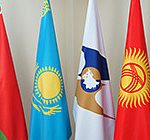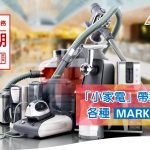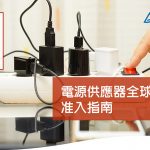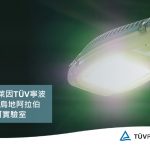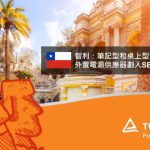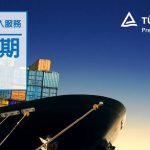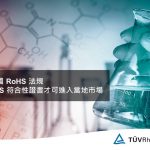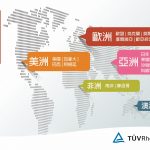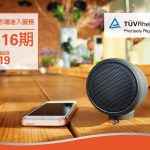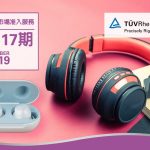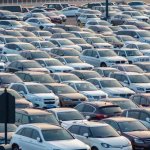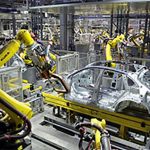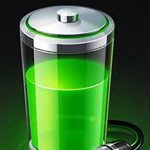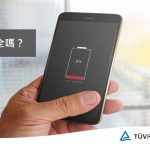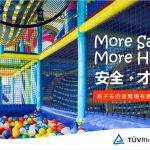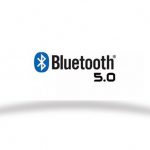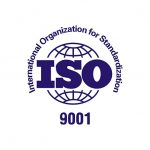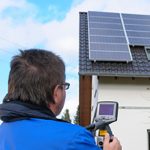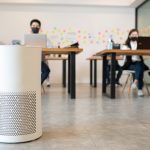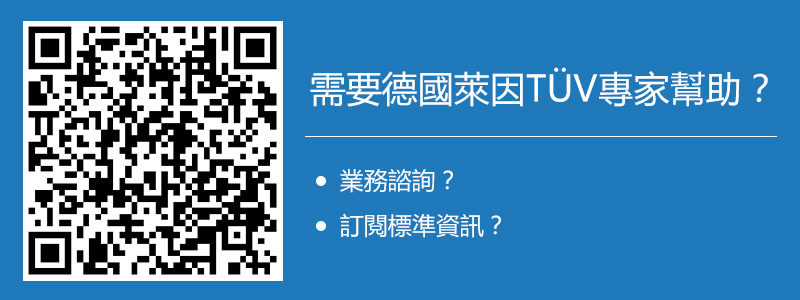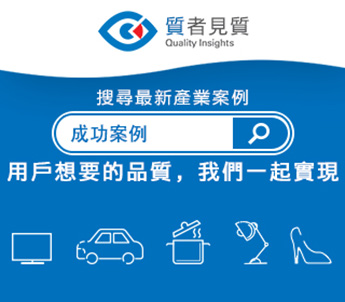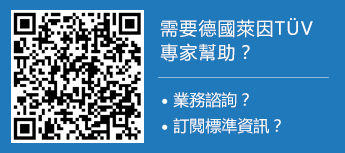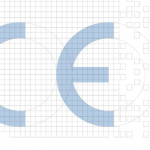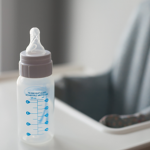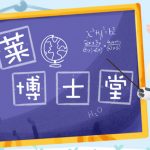NIAS檢測:保護消費者食品安全 NIAS Testing: Protecting Food Safety for Consumers

食品安全是全球消費者關心的共同話題,在確保食品安全、保障消費者健康的諸多環節中,食品接觸材料的質量和安全是目前相關行業的一個熱點問題,採取積極措施減少和控制食品接觸材料中NIAS(非有意添加物質)的遷移至關重要。
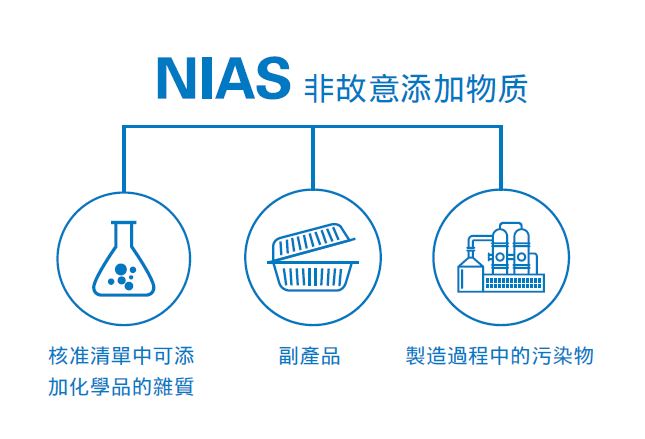
NIAS,英文全稱Non-Intentionally Added Substances,顧名思義就是指非有意添加到食品接觸材料中的物質。這些物質可以有幾種不同的來源,例如原料中的雜質、化學反應的副產品、製造過程中的污染物等。 NIAS的存在通常是不受控制的,它可能是某種化學物質或重金屬,如果不對最終的食品接觸材料進行評估,則這些有害物質可能通過遷移污染食物,並最終危害消費者健康。
世界各國對於食品接觸材料的質量和安全均有不同程度的監管。目前,對於食品接觸材料的合規性評估主要集中在如何揀選合適的材料。然而,隨著食品接觸材料法規在全球各地的不斷完善,相關企業將面對越來越複雜的合規要求和嚴苛的貿易壁壘。例如,根據歐盟1935/2004號條例第3條的規定,對於在歐盟市場內用於食品接觸的塑膠材料,應對NIAS進行整體評估,以確保塑膠材料與食品接觸是安全的。
目前,中國企業對食品接觸材料尚未建立起足夠的安全意識。2019年上半年,歐盟食品和飼料類快速預警系統(RASFF)發佈了76例食品接觸材料通報案例,同比增長27%。而其中的64例被通報產品均來自中國,占比高達84%。可以預見的是,隨著合規要求的不斷提高和測試技術的快速發展,針對NIAS的評估將擴展為食品製造、食品包裝、食品機械等相關行業對產品安全的共同要求。因此,強烈建議相關企業將NIAS檢測納入到產品合規性評估中,為即將到來的趨勢做好充分準備。
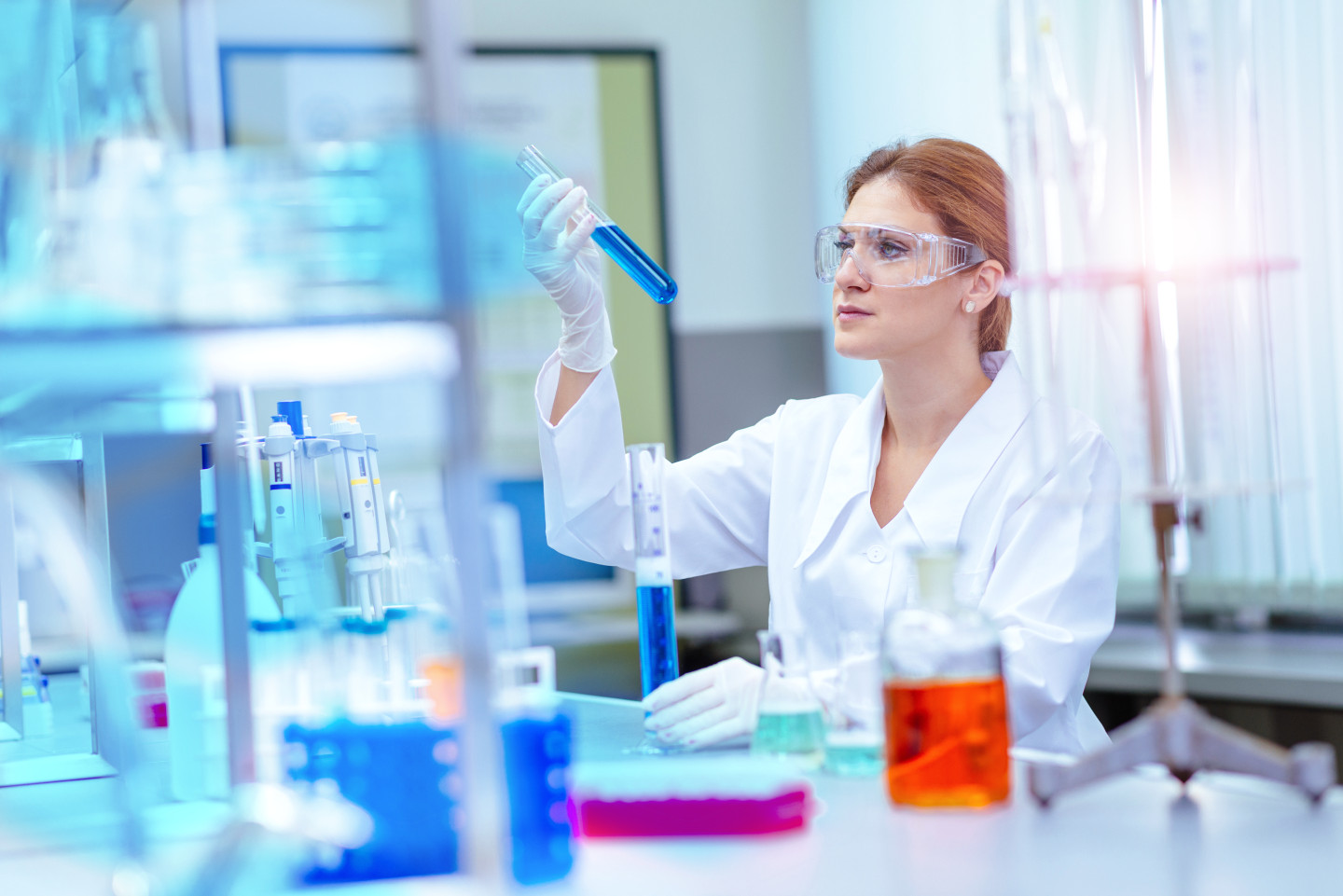
需要注意的是,目前還沒有針對NIAS的官方標準化方法,並且也不是所有的物質都可以通過一個單一的實驗室進行檢測。為了幫助相關企業更好地瞭解NIAS(非有意添加物質)這一業內熱點話題,德國萊茵TÜV集團將在近期分享全球食品接觸材料法規的最新進展、申報要點、實用工具等。
作為全球領先的協力廠商技術服務提供者,TÜV萊茵可根據不同國別或品牌要求,為不同類型的食品接觸材料提供全面的一站式服務,包括為國際買家量身定制檢測方案、為客戶諮詢提供技術支援、對所有材料進行廣泛的食品接觸測試、舉辦研討會和培訓、定期更新產品法規等。 TÜV萊茵在香港的技術專家團隊能夠與世界各地的監管機構保持密切聯繫,幫助相關企業滿足法定和自願要求,為消費者提供高質量和安全性有保證的產品。
與TÜV萊茵聯繫,瞭解更多關於NIAS檢測的資訊。我們很樂意為您提供幫助和指導,以確保市場上更安全的產品,保障消費者健康。
NIAS Testing: Protecting Food Safety for Consumers
Food safety is an important issue for all global consumers. There are many steps involved in ensuring food safety and protecting the health of consumers. The quality and safety of food contact materials (FCM) have now become a hot topic in related industries so taking pro-active measures to reduce and control the transfer of non-intentionally added substances (NIAS) in FCM will become a top priority.
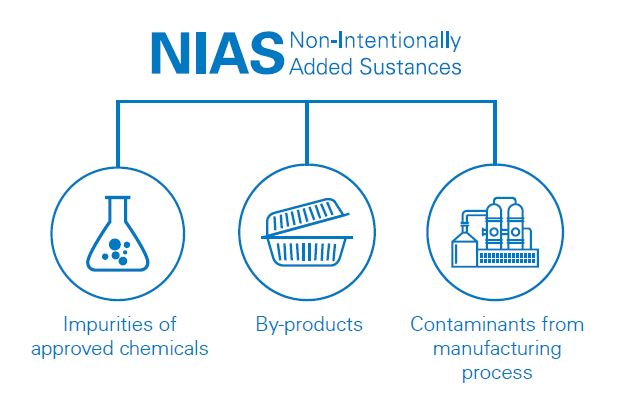
NIAS refers to substances that are unintentionally present in FCM. These substances can come from different sources such as impurities in the raw materials, by-products of chemical reactions and contaminants during the production process. There is usually no control over the presence of NIAS. It can be a wide range of chemical substance. If no assessment and corrective actions are undertaken of the final FCM then food may be contaminated with these harmful substances and pose a threat to consumer health.
National governments monitor and regulate the quality and safety of FCM to different degrees. Conformity assessments for FCM currently include the selection of appropriate materials. Continuous improvements in updates of FCM regulations around the world however mean that businesses in related industries will face increasingly complex regulatory requirements and even stricter trade barriers. For example, Article 3 of Regulation (EC) 1935/2004 requires materials and articles coming into contact with food must not transfer their constituents to food in quantities which could endanger human health. NIAS testing can be one of the solutions for checking the potentially hazardous chemicals migrating from FCM.
There is currently insufficient safety awareness among Chinese enterprises on FCM. In the first half of 2019, the EU Rapid Alert System for Food and Feed (RASFF) issued 76 FCM alerts, an increase of 27% over the same period last year. 84% of these FCM alerts was exported from China. We can therefore expect the continued tightening of regulatory requirements and authorities will also become increasingly aware of advanced requirements such as NIAS testing. The inclusion of NIAS testing in product conformity assessments by businesses is therefore strongly recommended to prepare for the future.
Please note that there is currently no official standards for NIAS testing. Not all substances can be tested by a single laboratory method either. To help the industry understand the topic of NIAS, TÜV Rheinland will share the latest developments, practical tools for food contact materials regulations in the near future.

As a leading international service provider of testing, inspection and certification, TÜV Rheinland can provide one-stop services for different types of FCM services. These include customized testing plans for international buyers, providing technical support for customer consultations, extensive food contact testing for all materials, hosting of symposiums and training workshops, and regular updates on product regulations. TÜV Rheinland’s team of technical experts in Hong Kong stays in close contact with regulators around the world to help businesses in related industries satisfy regulatory and voluntary requirements, as well as provide consumers with safe, high-quality products.
You can also contact TÜV Rheinland to learn more about NIAS testing. We will be more than happy to provide you with our advice and assistance on how to improve the safety of products on the market and protect the health of consumers.
編輯推薦
熱門分享
